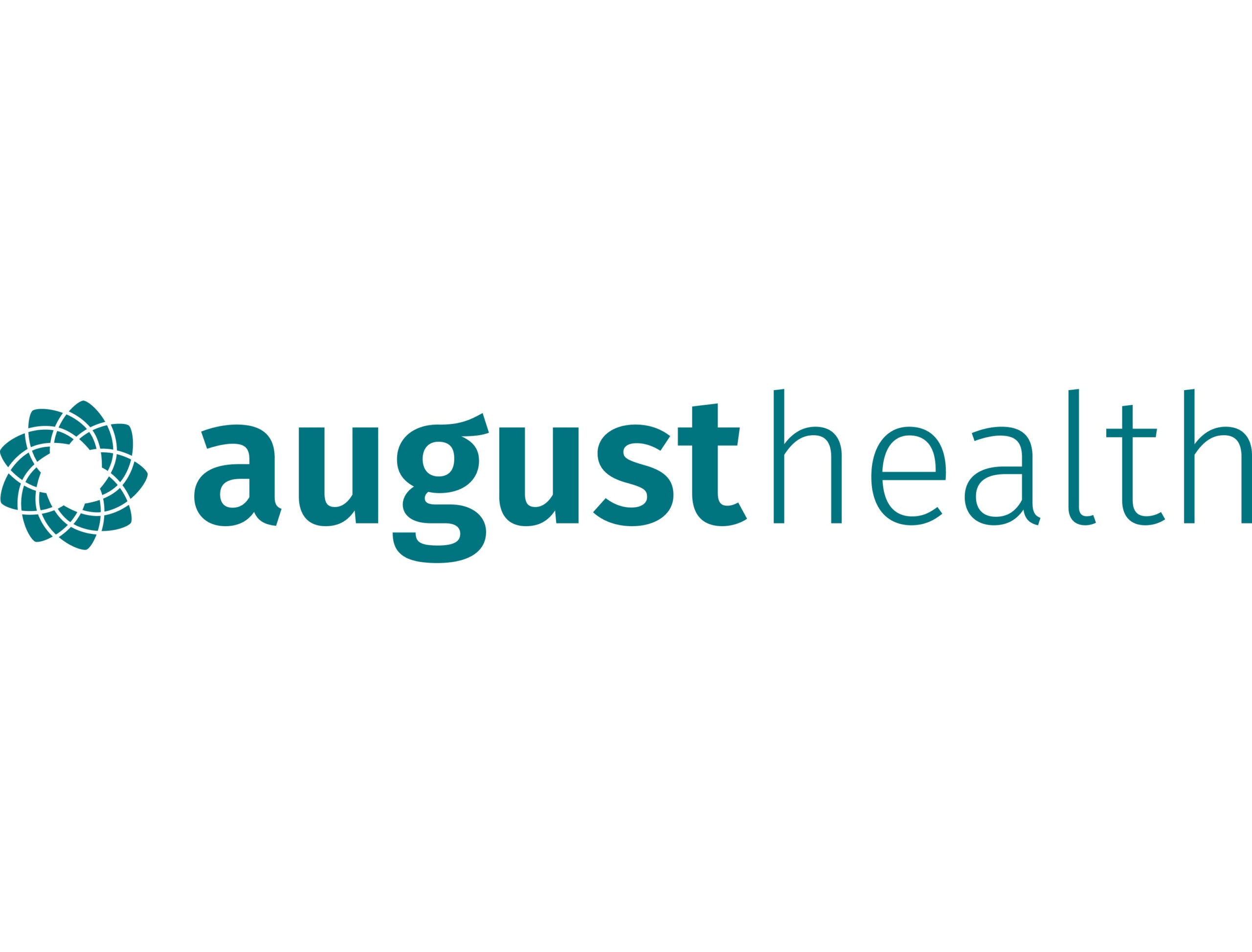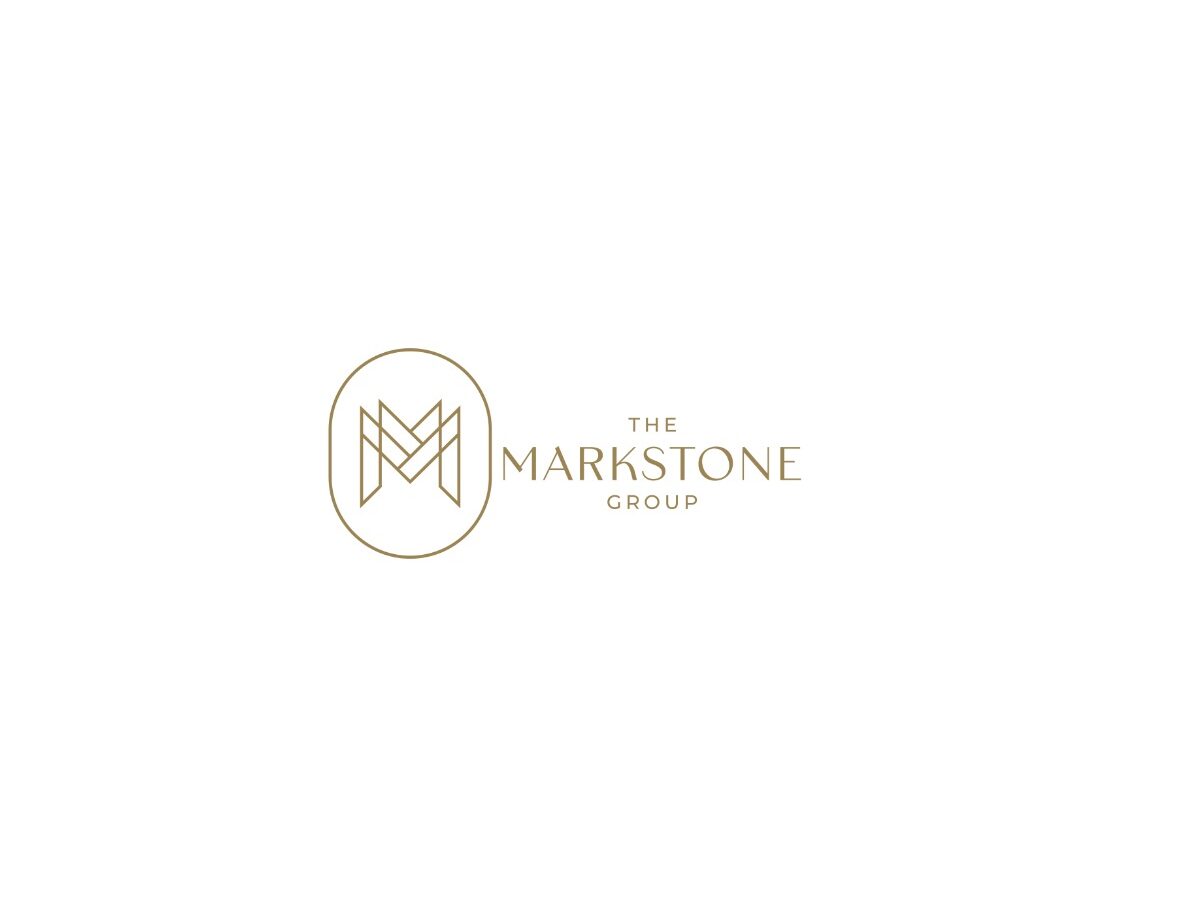Seniors and families in search of a memory care facility may have diverse needs and preferences, so the decision making is subjective and dependent on many aspects. However, there are certain factors that are considered non-negotiables for a trustworthy and safe memory care facility. It’s crucial to keep this checklist in mind as they provide a foundation for assessing the quality of care a facility can deliver. While adjustments can be made along the way, these factors should not be compromised to assure good quality of life for those with Alzheimer’s and other forms of dementia.
Good Track Record
The first step is ensuring that a memory care provider offers good quality of care through its proven track record, which indicates trustworthiness, a solid reputation, and resident satisfaction. Some ways to assess their track record include researching and reading reviews and noting both positive and negative feedback. Additionally, visiting the facility allows firsthand experience, observing staff, interactions, environment, and organization. Check regulatory compliance, ensuring the provider is licensed and has no violations or disciplinary actions. Reviewing care plans and assessing resident engagement is crucial. Directly asking about their track record and offerings can also provide further insight.
Specialized Care Plans
Specialized care plans are crucial as they tailor care to individual needs, ensuring facilities avoid a one-size-fits-all approach. Providers must assess residents, particularly seniors with memory impairments, and create tailored programs with appropriate activities and techniques. The gradual cognitive decline necessitates specific memory exercises and cognitive stimulation across physical, mental, and emotional aspects. Increased social engagement, facilitated through therapeutic interventions, is also vital. Overall, care should be uniquely structured for each individual.
In addition, specialized care programs not only support the individual but also alleviate stress for family members, providing assurance that their loved ones are well understood and cared for. Crafting unique activities is crucial in dementia care due to the complexity and challenges associated with the disease. It demands patience, expertise, and extensive experience in the field.
Highly Trained Staff
A highly trained staff is akin to selecting the best soldiers to manage the toughest battles. A memory care provider’s staff members must not only possess general skills but also specialized knowledge in caring for individuals with memory impairments. Dementia care requires an individualized approach as each day presents unpredictable challenges. Staff must be equipped to address not only the physical needs but also the mental and emotional aspects of care. It’s essential to verify the legitimacy and professionalism of the memory care provider’s employees, including doctors, specialists, and staff, ensuring they possess significant experience, proper licensure, and relevant qualifications.
Nutritional Programs
Being mindful of distractions, taste perception, and smell is vital for Alzheimer’s or dementia patients. Memory care providers should be knowledgeable about these considerations. Patients may struggle to determine if food is too hot or unsuitable to eat, and they might not remember when or if they’ve eaten. It’s also crucial to be vigilant for signs of choking and to prepare foods that are easy to chew and swallow. In the later stages of Alzheimer’s, appetite loss can be a concern as well.
Food is a crucial aspect of caring for those with memory impairment. Besides maintaining a healthy and balanced diet, memory care providers should also be experienced in handling the hurdles that compromises the nutrition of seniors with dementia.
Effective Distribution of Medications and Other Medical Needs
When it comes to medications, both prescription and over-the-counter, managing them can be challenging. Caregivers play a crucial role in identifying actual or potential medication-related problems. Common issues include ensuring that a relative or friend takes medication on time and in the correct dosage, as prescribed. Memory care residents may also have limited knowledge of medication directions, side effects, and possible interactions due to cognitive decline.
Caregivers are essential for ensuring proper administration of all medicines. A quality memory care provider should excel in medication management, with an organized system for distributing medications and strict adherence to schedules to ensure patients take their medication as prescribed.
Safety and Security
Safety and security are non negotiable when it comes to caring for memory care patients, as those with Alzheimer’s and dementia may struggle to distinguish reality and exhibit unpredictable behavioral problems. Memory care providers must be adept at handling such challenges. First, providers must comply with regulations governing their level of care, ensuring adherence to both state and federal laws. Second, memory care facilities should prioritize cleanliness and thoughtful architectural design tailored to the needs of patients. Interior spaces should be bright and airy, avoiding a sense of depression often associated with memory care settings. Design should also be senior-friendly, with features like bathroom handles and non-slip flooring. Overall, a clean and well-designed environment is essential for effective memory care.
A Culture of Transparency
Memory care providers should foster a culture of transparency from the outset. On the first day, they should establish open communication with families, keeping them informed about the current condition of the senior under their care. They must be receptive to finding common ground between the desires of families, seniors, and the services they can provide.
Furthermore, they should take on an educational role, helping families and seniors understand the complexities of memory impairment. This ensures everyone involved is knowledgeable about ongoing treatments, care plans, and future decisions. Even in challenging situations, such as problems within the community, providers must maintain transparency by keeping families informed about any shortcomings or issues.
A Culture of Respect
A memory care provider should foster a culture of respect. Certain decisions in the healthcare process merit respect, and providers should uphold their promises and meet the expectations of both families and residents. They should prioritize autonomy, acknowledging that even seniors with cognitive decline have to be treated like actual human beings. This includes respecting their privacy and treating them with dignity, regardless of their ability to function like a normal individual.








